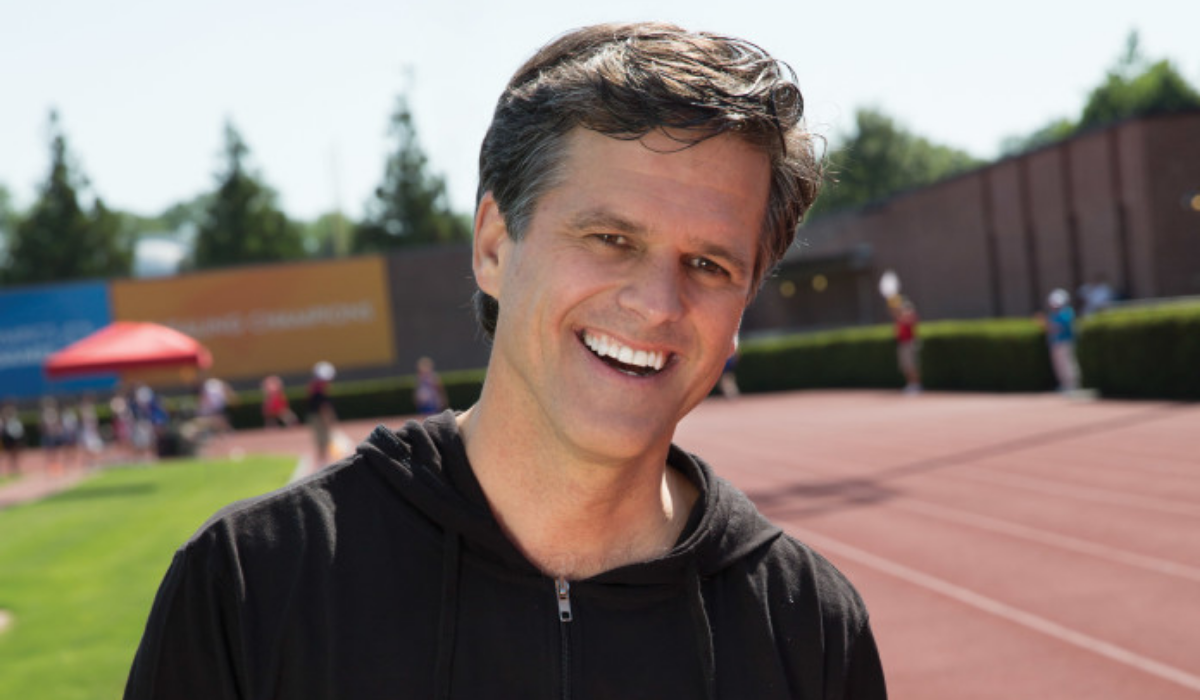Day One

President-elect Biden has begun naming the senior members of his leadership team and has pointed out that they will be ready to do their jobs on day one. I don’t doubt the competence or dedication of his appointees, but I do believe it is going to take time for all of us to be ready.
The president-elect, when referring to readiness, is obviously alluding to professional skill and experience. His appointees appear to have all that and more. But there is another dimension to these jobs in 2021 that cannot be rushed: establishing trust. The institutions in our government, the organizations in our communities, the leaders in our culture—all of these have suffered a near fatal collapse in trust. Building back trust is, in some ways, the most critical job for this new administration. But they cannot hope to achieve it on day one. Instead, they need a trust-building plan.
A trust-building plan? Exactly. Relational trust in our personal lives, in our families, and in our culture is fragile. It is built up painstakingly, is lost easily, and most importantly, requires dedicated effort. Think of any relationship in your life where trust was lost—the hurdles to building it back were surely significant. Think of any relationship in your life where you have never trusted—the challenge of creating trust where none exists is even more significant. These are, ironically, the central challenges of our time.
Where to start? We know from psychology and common sense that trust has many dimensions. Trust grows when we feel cared for and supported. Trust strengthens when we are told the truth by people who are reliable and predictable. Trust deepens when we feel understood and listened to. Trust flourishes with fairness and when the good of the whole is the measure of decisions. Trust is lasting when personal gain is sacrificed for the sake of a larger value. In short, relational trust is built over time when people and institutions earn it, prove it, and are trustworthy with it.
Relational trust is the obvious work of mothers and fathers. Creating patterns for our children, listening to our children, caring deeply for our children, sacrificing our own goals for our children—all of these come naturally to parents and caregivers. Teachers also understand that trust is a currency, that building up a trust bank with students allows teachers to be tougher, more demanding, and more challenging. Good teachers build trust and their students return it. In those whom we trust, we believe, and in those whom we believe, we give ourselves fully.
Can government, institutions, leaders, and organizations build trust where it has been nonexistent, or strengthen it where it has been fractured? Yes, without a doubt. But not in one day. The first lesson for leaders in this era of anxiety and fear is to take trust seriously. It will require leaders who are transparent with their goals and who shape their goals on the strength of deep listening and empathy. It will require leaders who are willing to shift course when flaws and inequities are exposed because they have the strength that comes from knowing that changing direction is the mark of both humility and fairness. It will require leaders who are willing to sacrifice their own advancement for the sake of a mission larger than themselves—leaders who risk their careers to protect the integrity of justice, legislators who risk their reelection for the integrity of the Constitution, teachers who risk their advancement in the defense of their most vulnerable students, business leaders who risk their profits for the sake of their values. These are not trivial commitments, but serious acts of conscience and conviction. And importantly, they are the building blocks of trust.
Trust is hard work, but it is the work of our time. An incoming president of whichever party must always take the challenge of establishing relational trust as a high and transcendent calling. In our times, when so many institutions have been so badly damaged by the failings of leaders, the abandonment of principles, and the raw and ruthless exercise of power, trust is job one. The good news is that the starving majority of Americans are hungry for it and are ready to do their part to build it. It’s a job that can begin on day one, but can only be achieved if it is the task of every day in the work of our leaders.
Trust is difficult to build and easy to lose, but it is time to do the difficult work. It is the job of President-elect Biden’s team on day one and on every day thereafter. It can’t begin soon enough.
This essay was featured in the December 6, 2020 edition of The Sunday Paper. The Sunday Paper publishes News and Views that Rise Above the Noise and Inspires Hearts and Minds. To get The Sunday Paper delivered to your inbox each Sunday morning for free, click here to subscribe.

